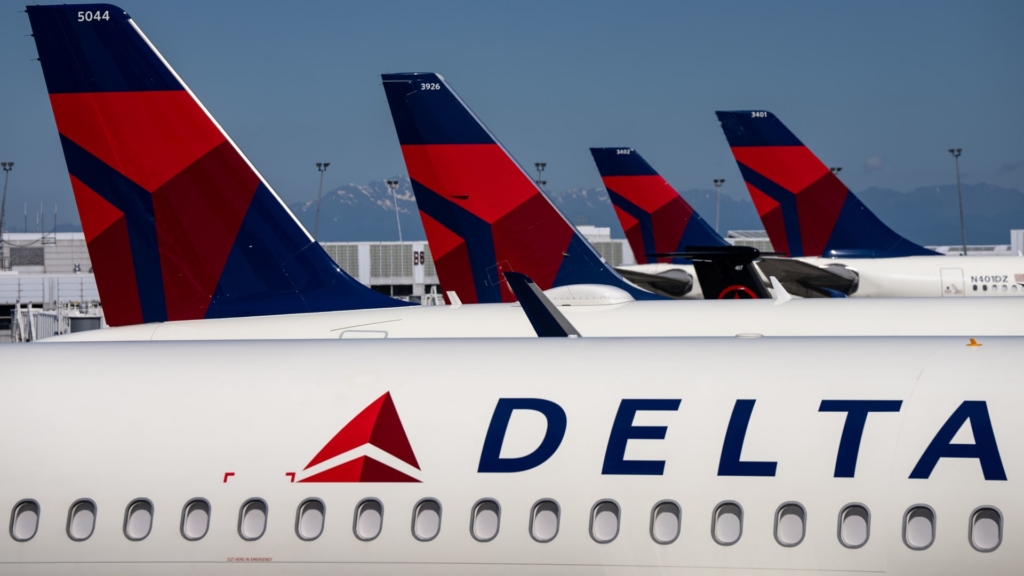Delta Air Lines announced that it will not expand its flight capacity for the latter half of the year due to lackluster bookings, which CEO Ed Bastian attributed to President Donald Trump’s changing trade policies, labeling them as “the wrong approach.”
On Wednesday, Delta projected that its revenue for the second quarter could either drop as much as 2% or increase by up to 2% compared to the previous year. Analysts had anticipated a growth of 1.9%. Furthermore, the airline expects its adjusted earnings per share to range between $1.70 and $2.30, falling short of analyst expectations of $2.23 per share.
Delta indicated that it is premature to revise its financial guidance for 2025, just a month after it reaffirmed its goals during an investor conference. Nevertheless, the airline remains optimistic about turning a profit this year, despite recent adjustments to its first-quarter earnings outlook due to lower-than-expected demand from corporate and leisure travelers.
This marks a notable change for Delta, the most profitable airline in the U.S., which had commenced 2025 with high hopes for sustained travel demand. It also reflects a growing anxiety among corporate leaders regarding the declining consumer spending trends.
“In the last six weeks, we’ve observed a decline in both broad consumer and corporate confidence,” Bastian remarked in an interview with Finance Newso. He noted that while demand was relatively strong in January, it began to decelerate significantly starting mid-February.
Concerns about a slowdown in demand have led Wall Street analysts to revise their earnings forecasts and price targets for airlines in recent weeks.
Bastian pointed out that bookings in the main cabin segment have been weaker than previously anticipated. Additionally, the demand for corporate travel has been affected as businesses reconsider certain trips amidst government workforce reductions and market volatility.
He highlighted, however, that international and premium travel segments have shown resilience during this period.
Delta has become the first major U.S. airline to report its earnings. Other carriers, including United, American, and Southwest are set to announce their earnings later this month.
Here are Delta’s performance metrics for the three-month period ending March 31, alongside Wall Street’s expectations based on consensus estimates from LSEG:
- Earnings per share: Adjusted 46 cents vs. 38 cents expected
- Revenue: $12.98 billion adjusted vs. $12.98 billion expected
In the first quarter, Delta reported a net income of $240 million, a significant increase from $37 million the previous year, with revenue rising by 2% year over year to $14.04 billion.
Excluding sales from its refinery operations, Delta’s adjusted earnings per share were 46 cents, representing a 2% increase from last year and surpassing analyst forecasts. Adjusted revenue stood at $12.98 billion, reflecting a 3% year-over-year growth, aligning with Wall Street’s expectations.


























